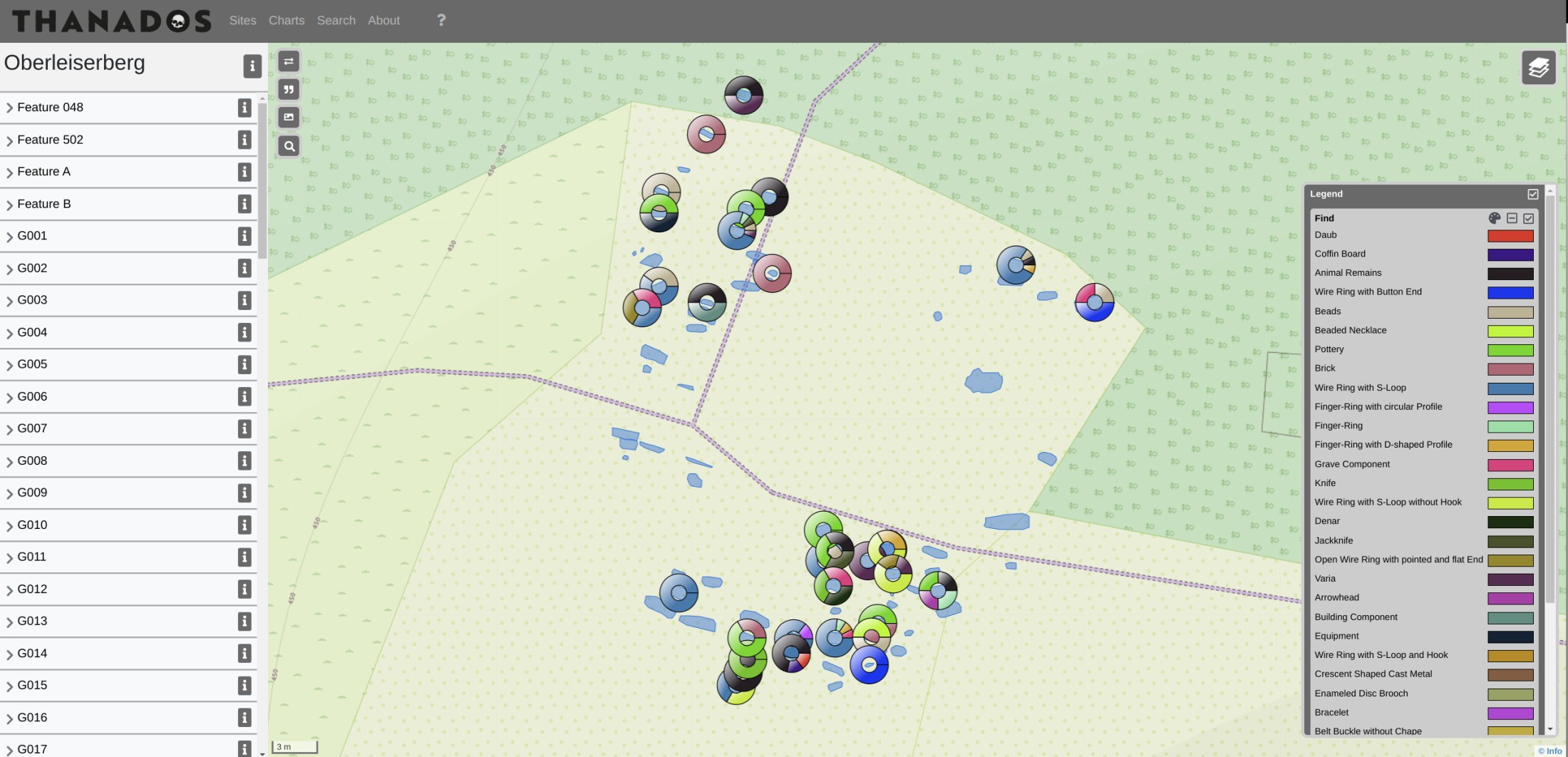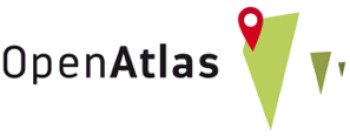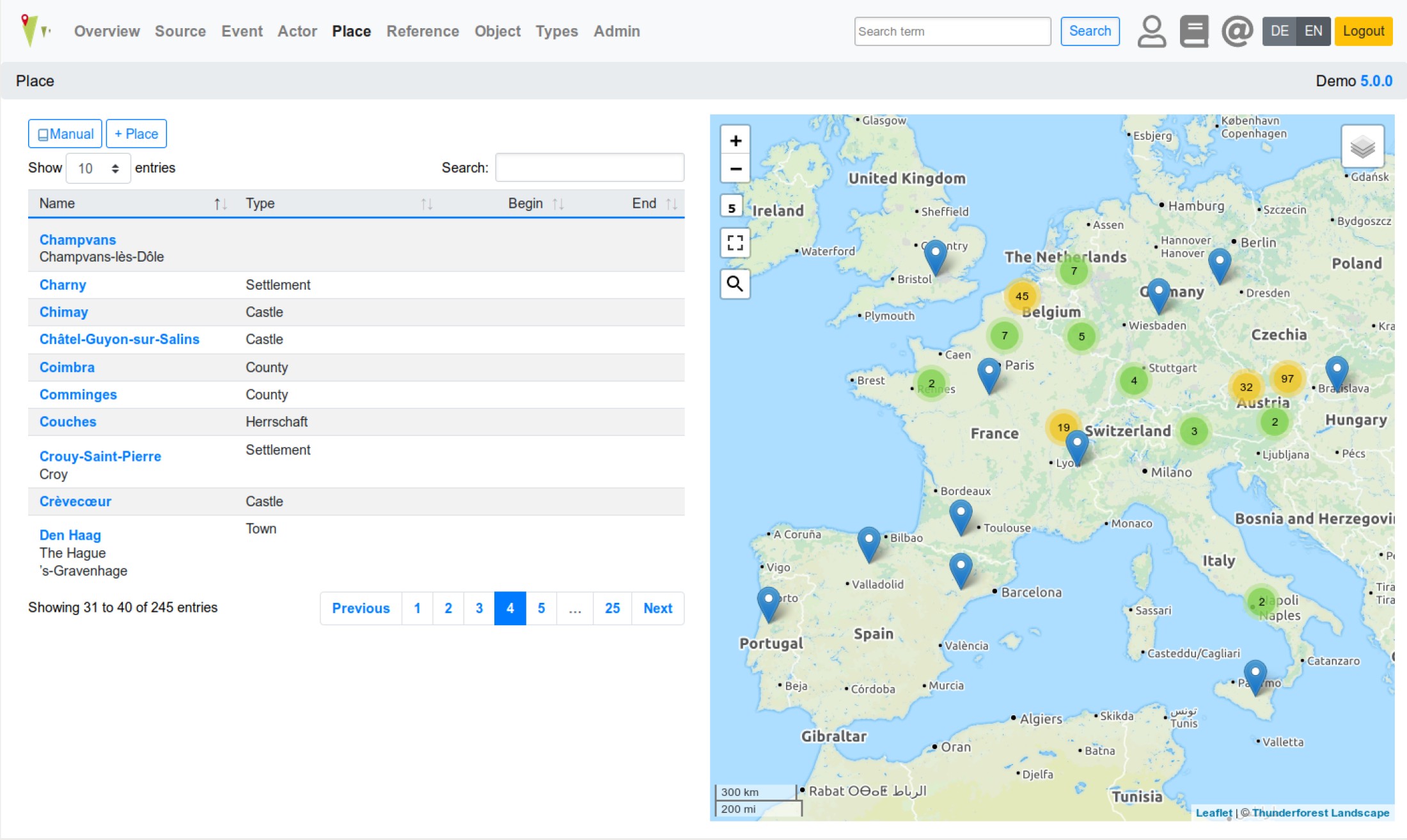There are a number of projects taking place at the Natural History Museum Vienna focusing on processing archaeological information
and making it available to the public. They create networks of research data and present research to the general public using
digital tools.
Digital Archaeology
„THANADOS – The Anthropological and Archaeological Database of Sepultures“ is a project funded by the Austrian Academy of Sciences (GDNG_2019-039). Since June 2019 this project has been carried out
at the Natural History Museum Vienna and the Austrian Archaeological Institute in cooperation with the Austrian Centre for
Digital Humanities and Cultural Heritage (ACDH-CH). The aim of the project is to create an online repository of all early
medieval burials (7th-11th century) in the territory covered by present-day Austria.
Graves with their human remains and grave goods are one of the most important historical sources from this period. The project
will digitalise archaeological and anthropological information from burial sites, usually presented via printed catalogues
and information boards, and make it available to researchers and the public as structured open data. Particular attention
will be paid to ensuring that the FAIR principles are respected.
In its first year the project succeeded in digitalising about 100 cemeteries containing 1700 graves and more than 3000 finds.
In order to visualise this detailed data and make it available in a modern and user-friendly way the project team has developed
a web application (https://thanados.net) accessible to the general public.


OpenAtlas is an open source database application for working with data from various interdisciplinary fields such as archaeology, anthropology,
history, prosopography, etc.
It offers an easy-to-use user interface that can be accessed directly using all common web browsers and allows researchers
to customise it to meet specific requirements.
The system automatically "maps" the information according to the international CIDOC CRM standard of the International Council
of Museums. This ensures that current requirements on data standards and data management are fulfilled and the FAIR principles
for research data (Findable, Accessible, Interoperable, Reusable) can be easily applied by non-IT specialists.
The software is completely based on open source technology. It is currently and will continue to be accessible free of charge
to allow it to be used and further developed in the future.


